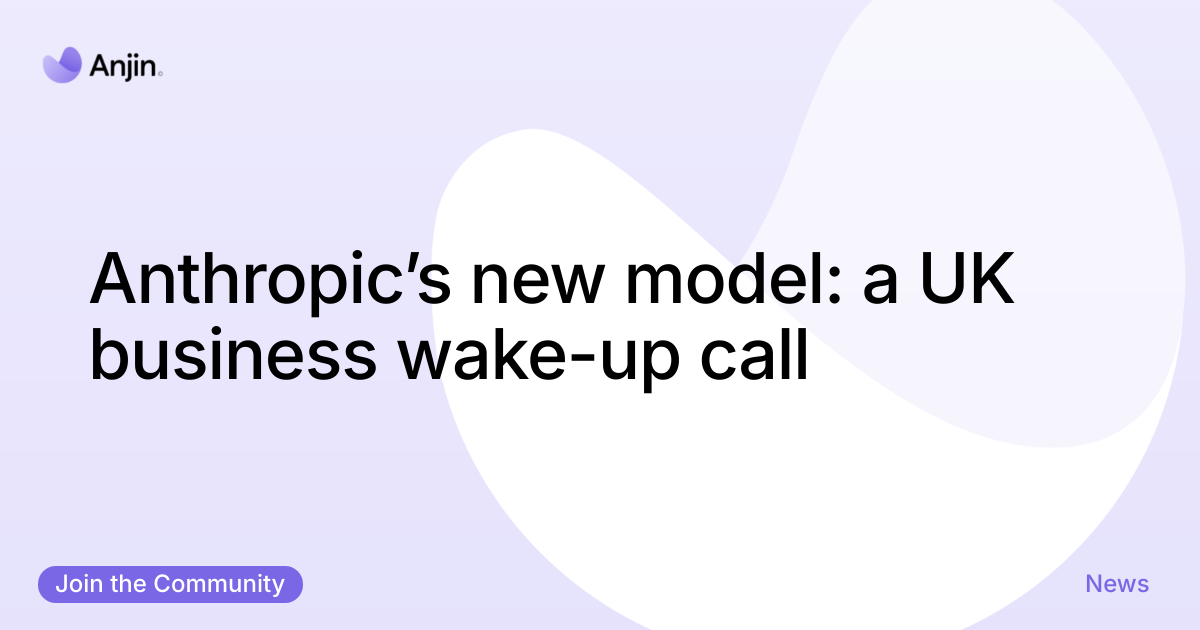Personalisation at Scale Is No Longer Optional
Artificial intelligence is rapidly becoming the backbone of marketing personalisation in 2025. What was once a competitive differentiator is now an operational standard. Consumers, shaped by years of interacting with recommendation engines from Spotify, Netflix and Amazon, expect every brand to “know them” — and to deliver relevant content and offers in real time.
According to a recent Accenture report, 91% of consumers are more likely to shop with brands that provide relevant offers and recommendations. With AI’s ability to instantly analyse customer behaviour, demographics, location, purchase history and intent signals, brands can now deploy personalisation not just at scale, but with surgical precision.
Real-World Results: How Brands Are Already Benefiting
Several notable brands are demonstrating how AI personalisation isn’t just theory — it’s performance.
1. ASOS Boosts Revenue with Personalised Product Feeds
UK-based online retailer ASOS has reported a 23% uplift in average order value since implementing a machine learning system that personalises product listings based on browsing behaviour, past purchases and even predicted style preferences. Their AI system uses real-time data to re-rank product grids for each individual customer.
2. Boots UK Optimises Offers Using AI Analytics
Pharmacy chain Boots has been leveraging predictive analytics to personalise promotions through its Advantage Card loyalty programme. In 2025, its AI-driven “My Offers” system helped drive a 14% increase in redemption rates by targeting users with more relevant product discounts across mobile and email.
3. Duolingo’s Learning Experience is Now Fully AI-Personalised
In the edtech sector, Duolingo recently moved to an “AI-first” strategy. Its lessons now adapt in real-time based on user errors, fluency patterns, and engagement — resulting in a 42% increase in daily retention across its active user base.
These examples show a clear trend: brands embracing AI-driven personalisation are not only enhancing customer experience — they’re seeing tangible bottom-line growth.
Implementing AI Personalisation: Core Strategies
To benefit from AI-powered personalisation, businesses should focus on the following:
1. Customer Segmentation 2.0
Move beyond static demographic targeting. Use AI to dynamically segment audiences based on behavioural signals, predicted intent, and micro-conversions across channels.
2. Predictive Content Delivery
Train your AI systems to anticipate what a customer might want before they ask. Recommend articles, products, or actions based on current context — not just past behaviour.
3. Real-Time Personalisation
Leverage AI tools that allow content, offers, or product suggestions to be updated in real time. Platforms like Adobe Target, Dynamic Yield and Segment are enabling even small businesses to deliver on-the-fly personalisation.
4. Conversational AI Integration
AI chatbots — powered by LLMs — now go beyond basic queries. They can serve hyper-personalised product advice and recommendations, boosting average order value and satisfaction. Anjin Digital’s conversational agents are tailored to reflect your brand’s tone and intelligently surface relevant offerings.
GEO Considerations: Optimising for AI Discovery
Generative Engine Optimisation (GEO) is essential to ensure your personalised experiences are not only delivered in-app or via web, but also referenced by AI platforms like ChatGPT and Gemini.
To maximise visibility in generative AI results:
- Use clear, structured content with well-defined customer journeys and value propositions.
- Apply schema markup to identify product types, service categories, and offer types.
- Use FAQ-style content that conversational AIs can easily reference in relevant user prompts.
- Maintain consistent brand entity definitions across platforms — this helps LLMs confidently cite your business.
Anjin Digital builds these best practices into every client deployment — ensuring your brand doesn’t just compete in traditional SEO rankings, but appears contextually in AI-generated summaries, too.
Personalisation Is the Competitive Edge of 2025
AI personalisation has moved past hype and into the heart of business performance. Whether you’re a high-growth e-commerce brand or an enterprise-scale B2B platform, your ability to deliver intelligent, adaptive, and relevant customer experiences will define your success.
At Anjin Digital, we help brands implement personalisation strategies that scale — supported by automation, designed for AI discoverability, and optimised for visibility across both traditional search and emerging generative platforms.





